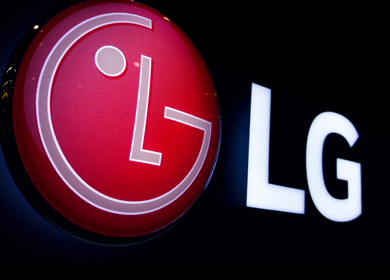A new road to travel on to ignite digital ad attention—will it set the brands apart?
Published: July 20, 2023

In this digital era, people have a plethora of options online to get distracted by or choose the desired product, which makes brands vying for user attention. Statistics show that the average consumer must sift through thousands of advertisements per day. As a result of this, attention scarcity increases in the digital space, which makes the game even more complex for brands.
Thus, brands are consistently on the hunt to find a way that is appealing so as to entice consumers to focus on their ads amid all the noise. And the recent study from Magna Media Trials has found the solution, which is pre-bid optimisation.
To put it in detail, Magna Media Trials discovered a 65 percent spike in attention, brd on Adelaide's Attention Unit (AU) scores, when a video ad was optimised before a programmatic bid in a study conducted in collaboration with global media-tech company Adlook. And the study surveyed 2,590 people and tracked over 24 million impressions of a real-time test.
Campaigns are traditionally optimised after they bid in programmatic advertising. It allows businesses to assess things like viewability and appropriate content for subsequent ad placement. Pre-bid optimisation, on the other hand, takes Adelaide's AU metrics into account for each individual impression before an ad loads on a page, resulting in higher attention scores and lower costs.
According to the study, pre-bid optimisation reduced costs as well, with businesses saving 18% on CPM for display ads. The cost per complete video dropped by 42% on pre-bid optimised videos, extending the savings to video ads as well.
How significant is it for businesses to pay attention to this new finding?
In recent years, the audience attention metric has gained significant attention in the world of digital advertising. Because it becomes the major contributor to making the campaign profitable and a real success, in addition to factors such as how well the ad is curated and the campaign is strategized.
And it is obvious that every business is looking for ways to get more audience attention for less money. Considering the situation, it is vital for every business to pay close attention to the new findings, like the recent one from the Magna Media Trials study, as it shed light on the possible ways that are yet to be explored and provide them with a viable solution.
In that regard, we believe businesses must consider adopting the approach of optimising campaigns before bidding on programmatic advertising, as it can have a substantial positive impact on ad performance. Here are a few ways we believe this approach will benefit businesses:
- While optimising campaigns before bidding, marketing teams will be able to identify and address potential issues beforehand. This will help them sharpen their creative and bidding strategies. As a result, it will pave the way for brands to increase audience attention and engagement so that they will be more likely to achieve better click-through rates (CTR), conversion rates, and return on investment (ROI).
- When businesses embrace Pre-bid optimisation, they can fine-tune the targeting parameters prior to bidding. This will help to make certain that their ads are targeting only the most relevant and receptive audience. Consequently, it will help them enhance the likelihood of capturing the audience's attention and boost conversion rates.
- As the Pre-bid optimisation approach helps businesses narrow down their targeting to only relevant audiences, it can help them significantly reduce ad wastage by eliminating underperforming ad placements. This, on the other hand, will possibly lead them to utilise ad budgets in an effective way and improve the chances of reaching engaged audiences.
- As businesses that adopt a post-bid optimisation approach are able to leverage data-driven insights and optimise their campaigns proactively, they will be able to gain a competitive advantage. This speed and agility will give them an edge over competitors and help them outperform those who rely solely on post-bid optimisation methods.
Having said that, it is also important for businesses to take small steps initially in order to assess the impact before implementing them for all their campaigns. But double down on experimenting with this approach, as businesses should not leave any stones unturned to stay competitive and lead the race.










Be the first one to comment.